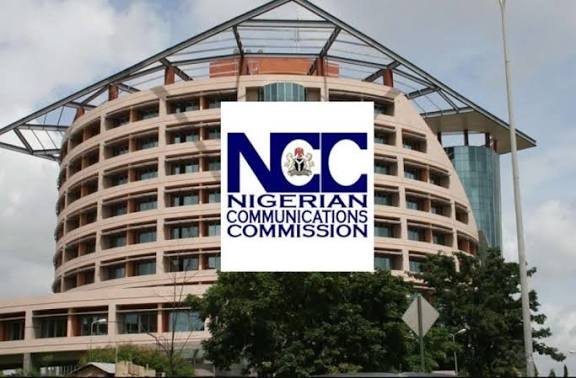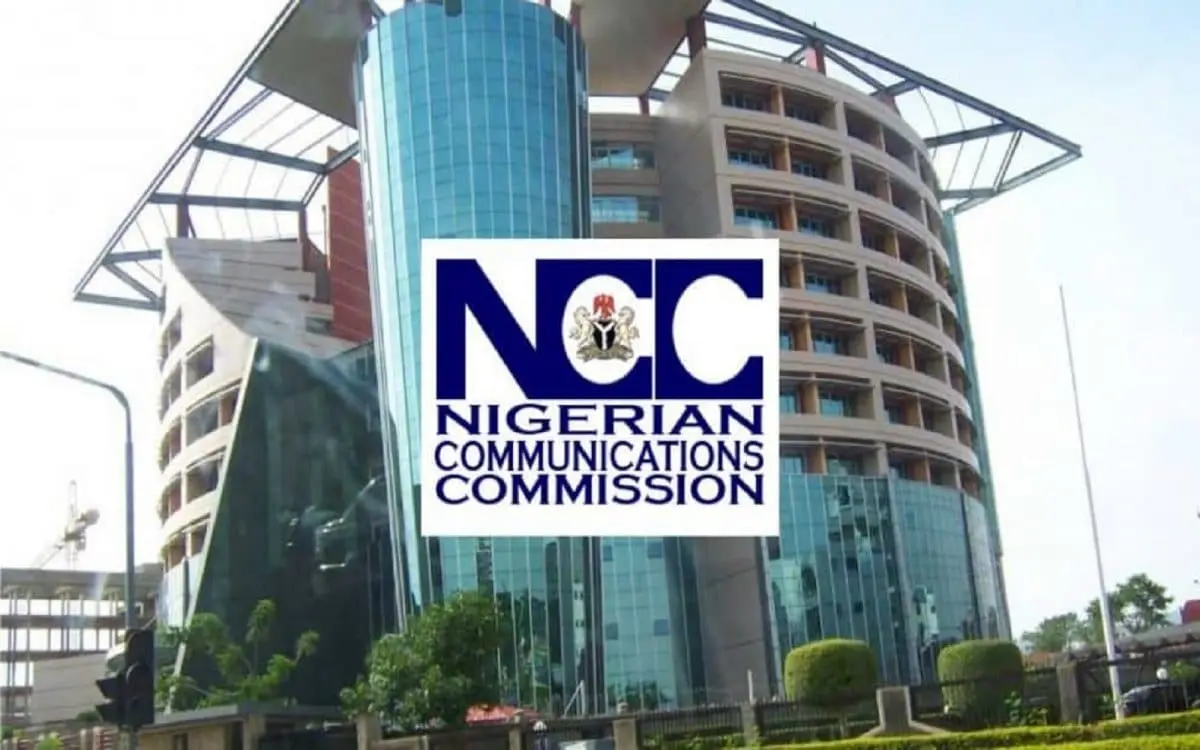Senate to improve Nigeria’s Power Generation Capacity
The Senate has concluded plans to increase Nigeria’s electricity generation capacity as many consumers continue to live in darkness.
Specifically, the Senate, Tuesday, considered the Electricity Bill, 2021, which seeks to consolidate all legislations in the power sector into one electricity statute.
Already, the bill, which has scaled second reading during plenary, was sponsored by Senator Gabriel Suswam, Peoples Democratic Party, PDP, Benue North-East.
According to him, the bill seeks to, among other reasons, repeal the Electricity Power Sector Reform Act, 2005, consolidate all legislations in Nigerian Electricity Supply Industry (NESI) and enact an omnibus Electricity Act for the industry to provide the ideal legal and institutional framework to guide the post-privatization phase of the industry in Nigeria.
He said that the Electric Power Sector Reform Act, 2005, provided the legal and institutional framework for the reform of the Nigerian Electricity Supply Industry (NESI) initiated and implemented by the Federal Government between 2001 – 2013, adding that the Act and other policy measures provided for the physical unbundling of the National Electric Power Authority (NEPA) into 18 successor companies.
He also said: “While 17 of these successor companies have been licensed by the Nigerian Electricity Regulatory Commission as distinct privatized generation and distribution companies, the Transmission Company of Nigeria remains state-owned.
“In spite of the modest milestones recorded in the Nigerian power sector through the reform exercise, the sector has not been able to meet the target of making electricity available to 75 percent rural and urban population by 2020 as envisaged in the National Electric Power Policy.
“This is because the sector is currently plagued by a number of challenges some of which are operational constraints that emerged after the privatization exercise while others may be attributed to the gaps inherent in the extant framework.
“With respect to operational constraints, the privatized power sector in Nigeria is facing a myriad of post-privatization challenges including the absence of cost-reflective tariffs, inadequate enumeration and metering of consumers, limited access to funds for investment, high levels of Aggregate Technical Commercial and Collection (ATC&C) losses, poor revenue generation and tariff deficits.”
“All these constraints have received various interventions by the executive and legislative arms of the Federal Government over the years, but these challenges have continued to threaten the viability of successor companies including their financial capacity to invest in network improvement to guarantee reliable power supply as envisaged in their respective Performance Agreement.”





